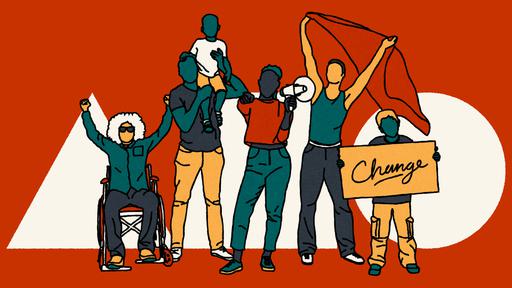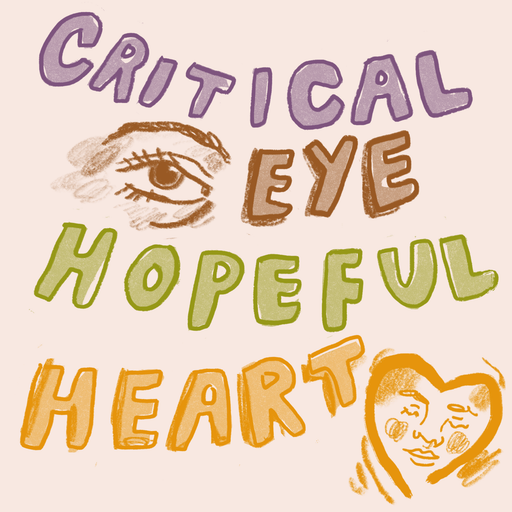
Stories
Mumshie Survivor: Storytelling for Social Change Chapter I
Yvette shares the story of her call to leadership and her vision for a movement led by and for migrant women.
The Southeast and East Asian Women’s Association (SEEAWA) | 25 Jul 2024
Beta Welcome to our new website! See what's new
Stories of community-powered change
Insights and ideas for transformative organising.
Showing 1 to 6 of 68 ideas | Page 1 of 12

Stories
Yvette shares the story of her call to leadership and her vision for a movement led by and for migrant women.
The Southeast and East Asian Women’s Association (SEEAWA) | 25 Jul 2024

Stories
With applications now open for our 2024 Coaching Pod, Imani explains how coaching can be transformative for leadership development.
Imani Clough-Brown | 24 Jun 2024

News
With help from our community members, Act Build Change is on a mission to grow strong & sustainable movements.
Act Build Change | 16 Apr 2024

Stories
A son, partner, friend and organiser – who lived a powerful life.
Stephanie Wong | 26 Feb 2024

News
Our team has been working hard to create a better online experience for you and we are so excited for you to explore.
Imani Clough-Brown | 19 Feb 2024

Stories
Exploring safety and safeguarding with care and empathy.
Latifa Akay | 26 Oct 2023